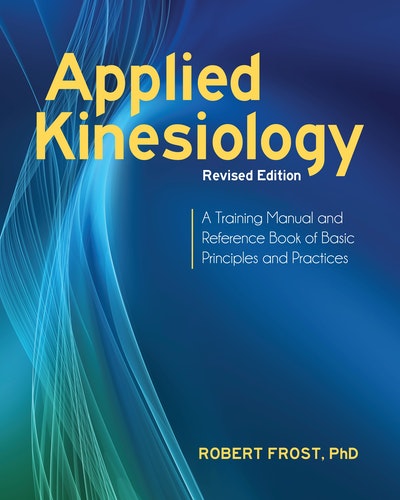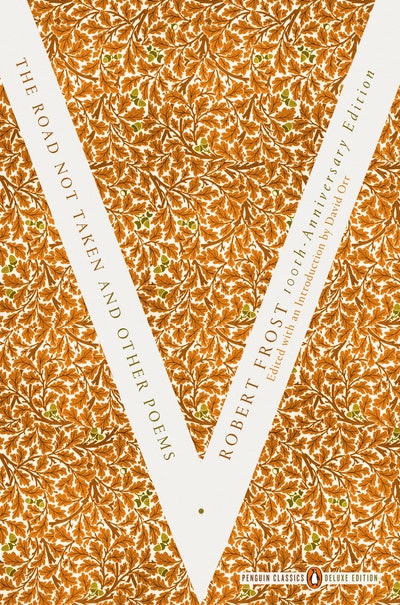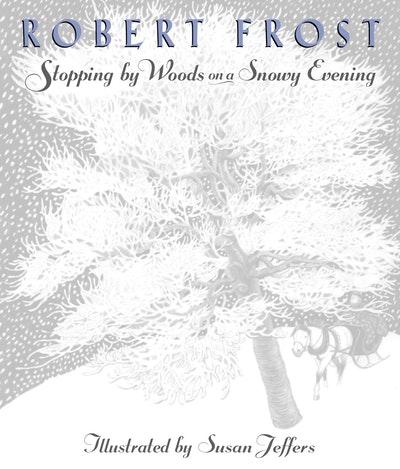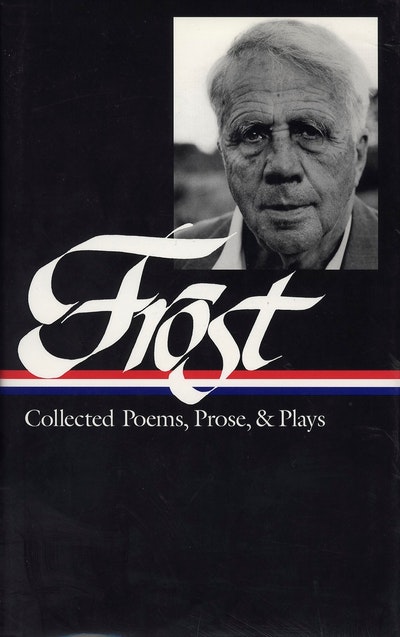An essential guide to manual muscle testing, Applied Kinesiology, Revised Edition will appeal to a broad spectrum of health professionals including students and practitioners of chiropractic, physical therapy, orthopedics, massage, naturopathy, psychology, and more.
This update of the bestselling book on Applied Kinesiology introduces a diagnostic method that uses manual muscle testing to assess the body's structure, chemistry, and psyche
Manual muscle testing is a standard medical diagnostic technique that utilizes full-strength contraction of the muscle tested. An Applied Kinesiology (AK) muscle test uses this method to not only assess the general integrity of the muscle but to also reveal structural, chemical, and mental weaknesses. To perform an AK muscle test, the practitioner applies light pressure that the client then resists. If the client cannot resist the pressure, the muscle ‘tests weak,’ indicating a structural problem or imbalance that needs to be resolved. Further applications include working with a muscle that tests strong ‘in the clear’ as a diagnostic tool to determine the effect of stimuli including touch, nutrients, medicines, allergens, emotions, poor posture, and stressful memories.
Opening with a detailed description of the history and applications of Applied Kinesiology, this book covers the theory, procedure, and interpretation of the muscle test, including diagnosis and correction techniques for areas of weakness. Thirty-three muscle tests for different areas of the body are accompanied by instructive photographs with superimposed anatomical drawings that demonstrate the method and various treatment points. A useful appendix includes a glossary of anatomical terms and special vocabulary; a step-by-step plan for conducting a session; and a list of contacts and sources for Applied Kinesiology materials. Offering a new preface and additional techniques in the areas of manual medicine, orthomolecular medicine, and psychology, Applied Kinesiology, Revised Edition shares the author's discoveries as well as anecdotal observations to stimulate further research.
Table of Contents
1. From Biomechanics to Applied Kinesiology
2. Scientific Principles of Applied Kinesiology
3. The Muscle Test
4. Pretests
5. Diagnosis and Correction Techniques
6. Muscle Tests
7. Applied Kinesiology and Manual Medicine
8. Applied Kinesiology and Orthomolecular Medicine
9. Applied Kinesiology and the Psyche
10. Personal Discoveries and Garnered Methods for Further Consideration







